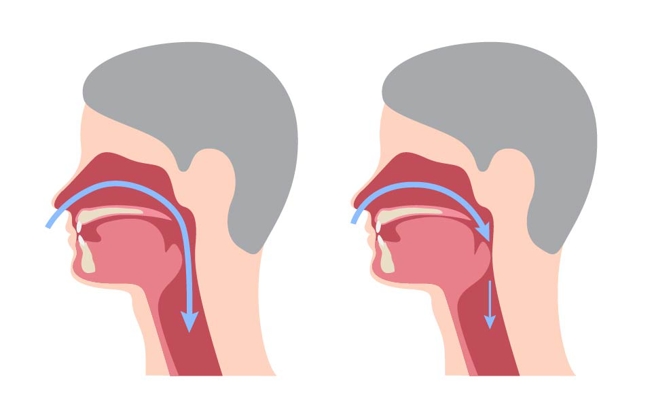How can sleep help boost your child's immune system during the pandemic?
- Category: Coronavirus, Education, Pediatrics
- Posted On:
- Written By: Parrish Medical Center Director of Care Transitions Kristina Weaver

I’ve noticed that my bubbly and bright little boy is struggling with not going to school, seeing his friends or teachers, or enjoying our usual weekends at the beach with family or friends. His regular ‘routine’ disappeared. The abrupt change has led to poor sleep and resulting out-of-character meltdowns and behaviors. I knew I had to make a change before things got worse.
Young children’s poor sleep can be attributed to a lack of stimulation, both physically and mentally, as daycares and schools close and parents juggle their own work with at-home childcare. Screen time in front of televisions, computers, or video games, is substituted. Sleep helps your body (adults and kids) produce good immune-boosting cells to protect us. That’s why when we get sick, we also get tired. Your body is telling you that you need sleep to heal and boost your immune system. Your kids probably need more sleep than they’re getting.
Our kids are not expending the same levels of activity and energy as before COVID-19. Our kids may start to show anxiety at bedtime. They may feel our stress, or be anxious from listening to the news. It’s easy to just throw in the towel in this unprecedented time and suspend all sleep routines, but in the end your child may suffer - and so will you - with their unruly behavior.
Here's what we can do:
Top 5 tips to protect your child’s sleep
1. Make a schedule for sleep and daily activities – and do your best to keep consistent.
Many studies suggest that later bedtimes are tied to lower learning performance in young kids. One study showed that difficulty in reading and math resulted when kids in early childhood have bedtimes consistently later than 9 p.m.
Many parents say the COVID-19 situation is causing more conflicts around bedtime, naptime, or both. Though many working parents now spend all day with their children, that doesn’t mean parents or kids are getting as much quality time. As adults bounce between conference calls, keeping up with virtual schooling, preparing food and keeping the house going. Poor sleep can affect their immune system. If your child is consistently not getting enough sleep, they are three times more likely to get sick. Also, children can feel neglected and needier than ever at bedtime or naptime. As a result, they push back.
If your child is under two, don’t give up on nap times. If they are over two, try to enforce at least a 30-minute “quiet” time. Most kids need 10 to 11 hours per night but get far less than that (closer to nine and a half hours on average). The National Sleep Foundation recommends:
Under 1 year: 12 to 16 hours a day
1 to 2 years: 11 to 14 hours a day
3 to 5 years: 10 to 13 hours a day
6 to 12 years: 9 to 12 hours a day
13 to 18 years: 8 to 10 hours a day
2. Stop screen time 30-to-60 minutes before bedtime.
Since intense, close-up light exposure in the evening will delay sleep by not allowing the body to produce melatonin, its good sleep hormone. This is especially important since our kids are using more screen time during the day.
3. Get your sunlight! Try not to stay cooped up inside all day. Perhaps you can open up your blinds, take a walk, or play outside to start the day. The sun controls our internal 24-hour clock that tells our body when to be awake and when to be asleep. If your child’s body doesn’t get enough sunlight, it will mix up their days and nights.
4. Your child needs physical activity. At school they could play with their friends, be active at recess or P.E., and then play after school. Their days have likely gone from active to sedentary. The harder they play, the more their body will need to recover, and the better they’ll sleep.
5. Create a calming routine. It’s hard for children to go from a green light to be active to a red light to make a full and complete stop just because it’s bedtime. Create a “yellow light” routine. Your “yellow light” routine should be used for naptimes and bedtimes. This should not include screen time. This routine should be 15-30 minutes close to bed time. This could consist of a warm bath, a good book, one-on-one time to just talk, do a puzzle, something quiet. The best sleep results come from a routine that’s calm and technology-free.
By Parrish Medical Center Director of Care Transitions Kristina Weaver



